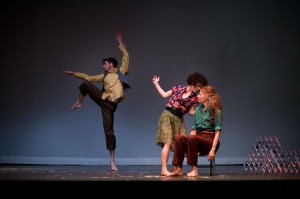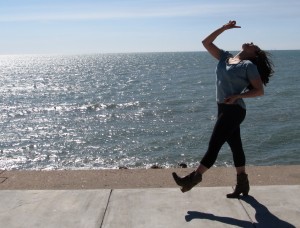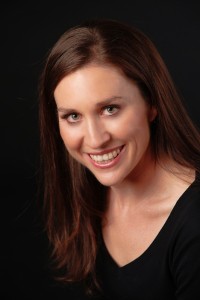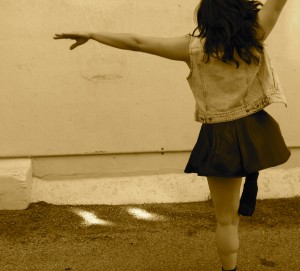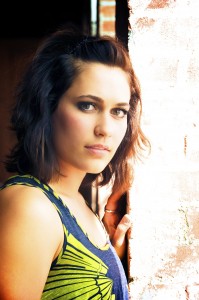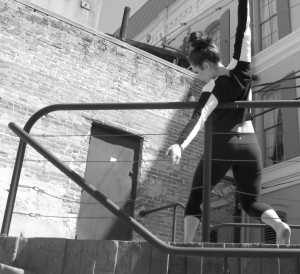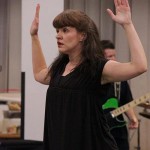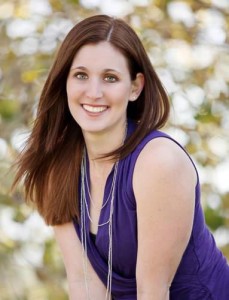“During the pause is the ideal time to listen…”
Time is a funny thing. When you want more of it, it doesn’t seem to exist. When you’re anticipating something coming or going, you really wish that time would fly by. At least that’s been my experience. You see, I’m a planner, as I’m sure many of us are. How can you not be when you’re a working artist? Between scheduling rehearsals, performances, application deadlines, auditions, teaching gigs, meals, and maybe (just maybe) some personal time- one sometimes has to be quite diligent about putting things down somewhere. I find that when I do put those things down, though, often my mind will wander away into future- or past-ness. In rehearsals this last week, in every down minute that I had I realized that I was thinking to the weeks ahead, going over schedules to make sure that I hadn’t missed anything or adding new things to a growing To Do list to accomplish who knows when. Even this morning over breakfast, I was trolling through photos on my phone, going over where I had been and what I had done and missing people, places, and specific times in my life. The funny thing about time and all of this, though, is that in missing or not missing things both past and present I am missing what’s happening right now. Right in front of my face. Literally. My dog is asleep on one of his beds under a side table (a favorite spot of his), my coffee grows cold, and a slightly overcast DC gets a bit sunnier outside.
As a mover and improviser, being present in the moment is something of a goal of mine. For me, being present means being aware and responsive to the temporal moment, tracking your internal choice making and external stimuli simultaneously. It’s of such interest that it even had an entire section of research devoted to it in my professional paper for my MFA. I bring this up because I realize how much of a slippery slope getting caught up in planning and reflecting can be, and how important it is to ground oneself in the now as much as we can. It is in these moments that I feel as if time expands and I can really do so much with what time I have, relieving stress and allowing me to appreciate what I have and what is presented to me.
Now how do we go about attuning ourselves to the now? Really I believe that this is a personal process, one that we develop with repetition and over time. In my practice, it’s about finding a pause or interruption. When improvising and moving from one score to another, a certain kind of momentum builds that is either physically manifested in the body or an internal momentum of choice making in which choices are made before they are fully realized, or both. As soon as I acknowledge that I’ve been riding this dizzying wave of momentum and that I might not be tracking or seeing certain possibilities, I quickly search for a pause or interruption so that I might re-engage in the now and gather a new sort of clarity. Applying this same process to our daily lives, as soon as I realize that I’m stressing about what is going to happen next week or when I’ll be able to take a day off, or if I’m reminiscing about the ‘good ol’ days’ and missing my friends from Texas terribly, I similarly try to find a way to pause or interrupt that process so that I can be more fully present in the moment.
In doing so, I’m better able to notice vibrant colors, textures, make connections that are more meaningful and authentic with others, and better appreciate myself and my potential (to name a few). I realize that maintaining this kind of perception, this responsive sense of seeing and experiencing, can be difficult. And all of this is not to say that we shouldn’t think ahead or look back, as both are wonderful reminders or where we’ve been and where we’re headed. But I firmly believe that if we take the time to pause or interrupt ourselves more frequently, that we’ll better be able to consciously craft our selves and track a more rich and meaningful path.
So for the sake of brevity, and to practice rather than preach, I’m going to bring this to a close. I don’t want to toil over what to write or whether or not this or that thing said will be a more relevant nugget of whatever; I want to cling to my belief that within each of us, our bodies and stories, lives wisdom that we all might draw upon and that by attuning to the temporal moment we might more readily access that. There is so much activity happening right now; the air is buzzing. Harness that energy and do something. In fact, if anything, I encourage you to always do something.
Go make something. Go see something. Go talk about something with someone. Find a way to disrupt your everyday so that you might appreciate the beauty and vitality of that moment.
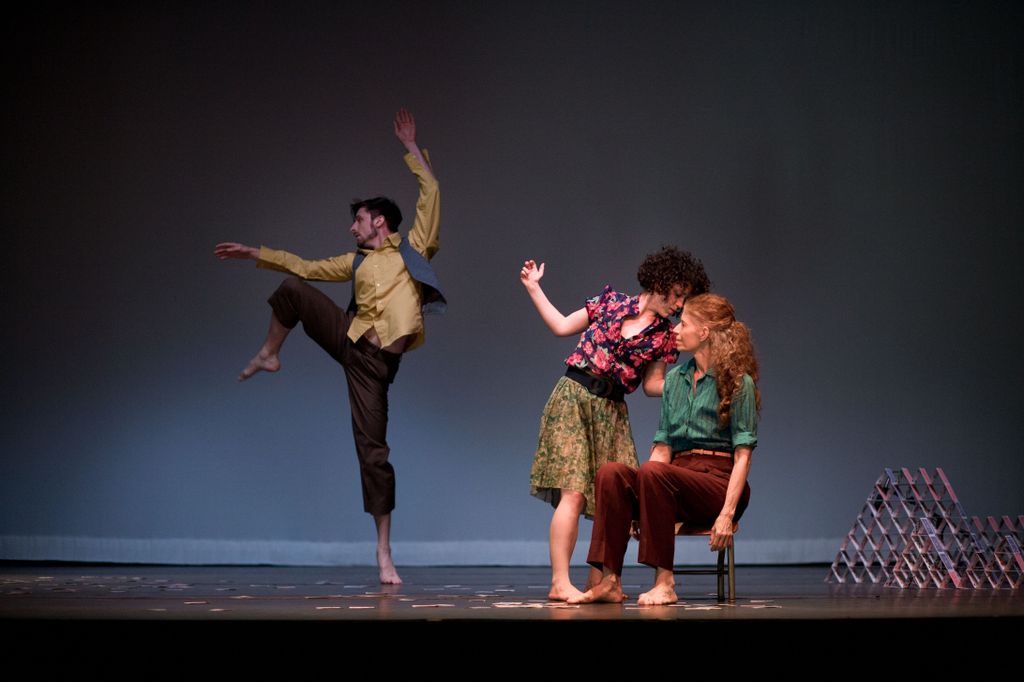 Matthew Cumbie is a professional dance artist based in Washington, DC, and is currently a Resident Artist and the Education Coordinator for the Dance Exchange. As a company member with the Dance Exchange, he works with communities across the United States and abroad in collaborative art-making and creative research as a means to further develop our understanding of our selves and community in relation to the environment around us. He has also been a company member with Keith Thompson/danceTactics performance group, and has performed with Mark Dendy, the Von Howard Project, Sarah Gamblin, Jordan Fuchs, jhon stronks, Paloma McGregor, and Jill Sigman/thinkdance. His own work has been shown in New York, Texas, New Mexico, Louisiana, and at Harvard University. He has taught at Dance New Amsterdam, Texas Woman’s University, and Queensborough Community College. He holds an M.F.A. in dance from Texas Woman’s University.
Matthew Cumbie is a professional dance artist based in Washington, DC, and is currently a Resident Artist and the Education Coordinator for the Dance Exchange. As a company member with the Dance Exchange, he works with communities across the United States and abroad in collaborative art-making and creative research as a means to further develop our understanding of our selves and community in relation to the environment around us. He has also been a company member with Keith Thompson/danceTactics performance group, and has performed with Mark Dendy, the Von Howard Project, Sarah Gamblin, Jordan Fuchs, jhon stronks, Paloma McGregor, and Jill Sigman/thinkdance. His own work has been shown in New York, Texas, New Mexico, Louisiana, and at Harvard University. He has taught at Dance New Amsterdam, Texas Woman’s University, and Queensborough Community College. He holds an M.F.A. in dance from Texas Woman’s University.


